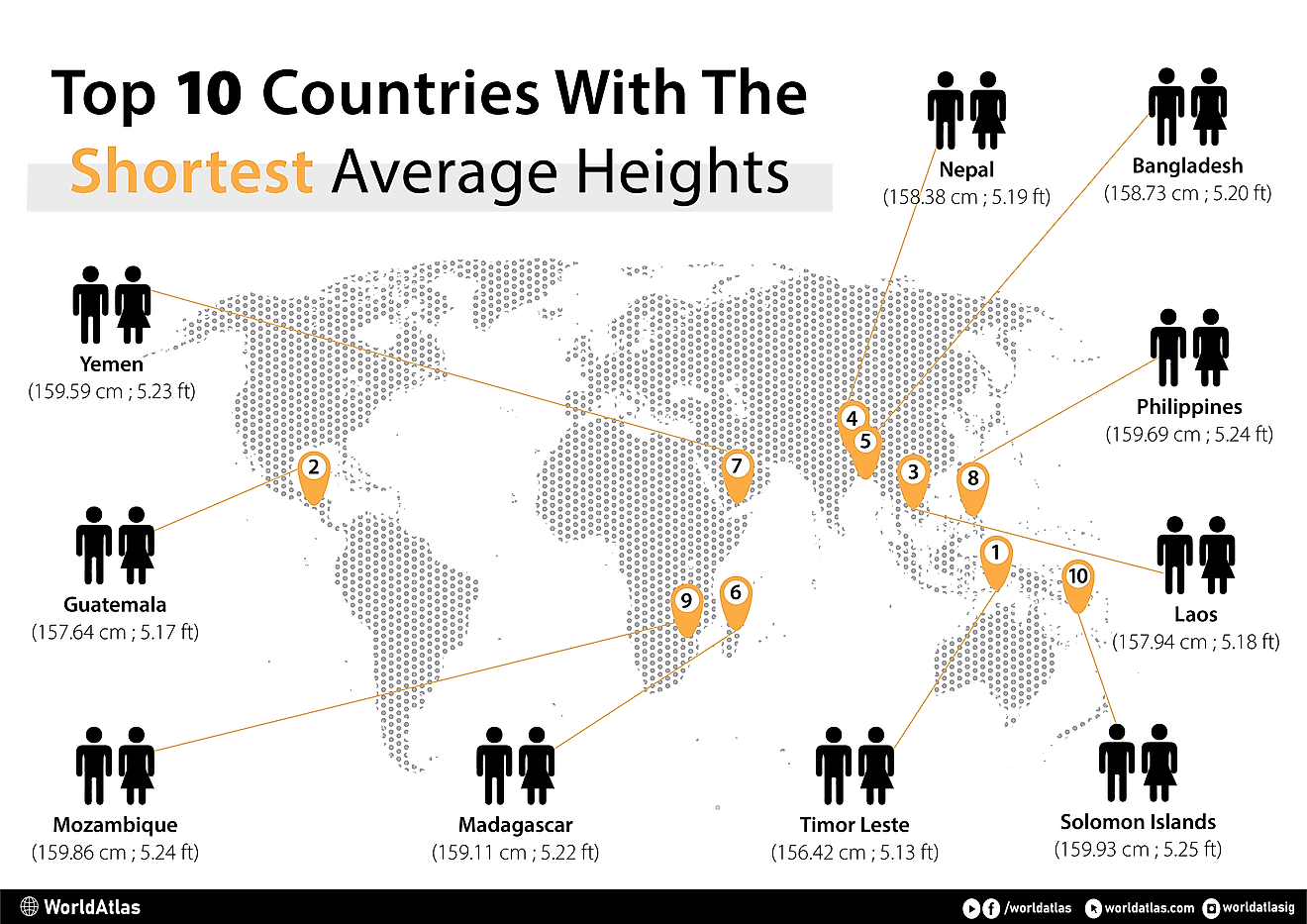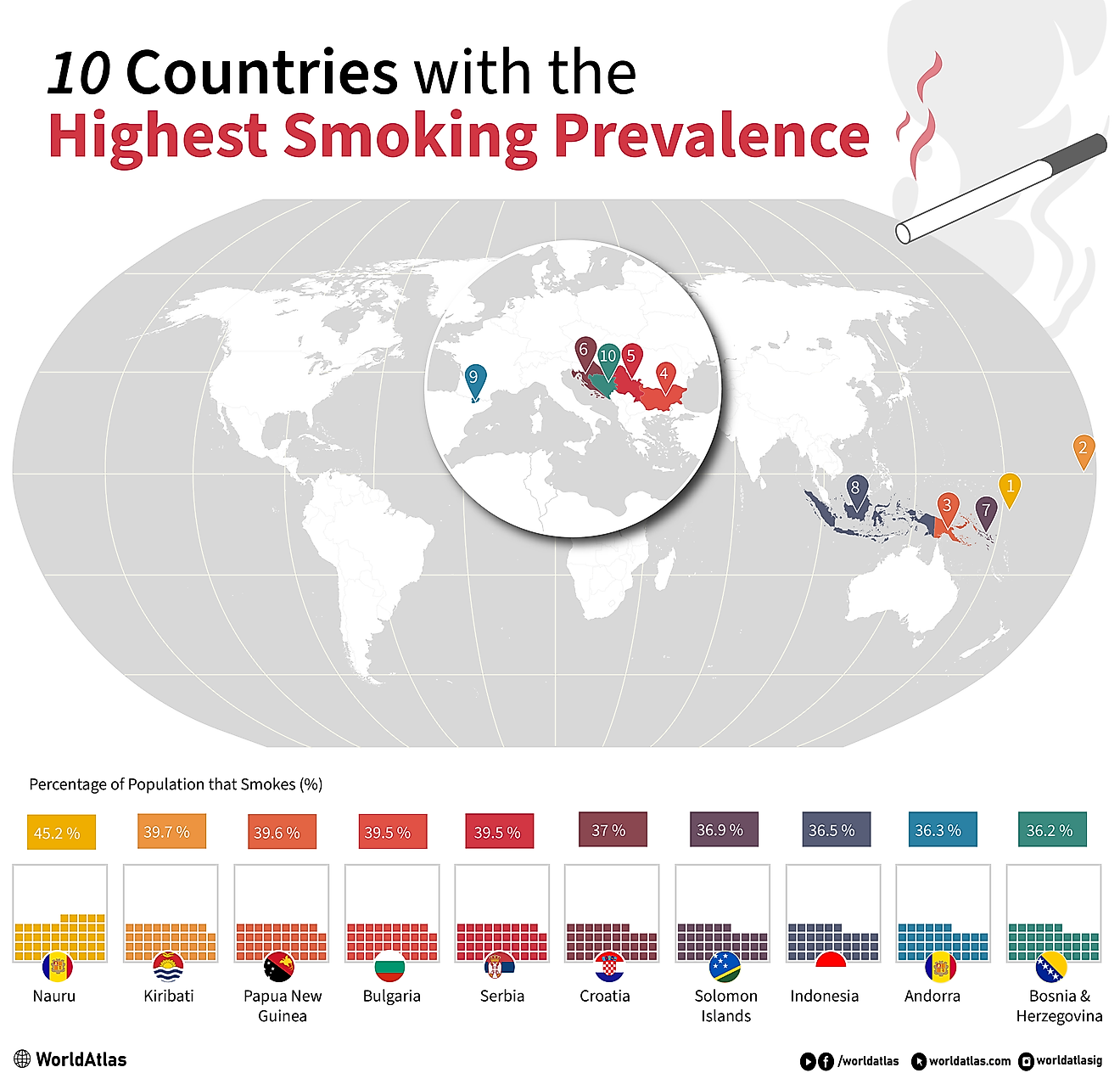Gulf Cooperation Council (GCC) Countries

Gulf Cooperation Council (GCC) Countries
GCC countries involve all the Arab states of the Persian Gulf with the exception of Iraq, and it is a political and economic regional organization. Connected by numerous cultural and political similarities, the member states of the GCC seek to achieve regional cohesion. With vast oil reserves and subsequent wealth, the GCC countries are some of the richest nations in the world. A regional organization was therefore necessary to secure the regional and international interests of the member states.
What is GCC?
The GCC is a regional organization that seeks to unite its members. The GCC comprises of six oil-rich Arabic nations, which are united on economic and political fronts. The countries have similar cultural and religious identities. They are oil exporters and share economic interests different from those of the Organization of the Petroleum Exporting Countries (OPEC).
Why Was It Founded?
The GCC was founded in 1981 in Abu Dhabi. The primary objective was to promote cooperation and cohesion between member states. The GCC, at its establishment, aimed to foster economic, cultural, scientific and environmental relationships between member states. Security concerns were also addressed by the creation of a defense council, which facilitates military cooperation among member countries.
Member States
Kingdom of Bahrain
Enabled by a liberal economy, the Bahraini dinar is valued as the second highest currency across the globe. Bahrain enjoys a diversified economy to compensate for its little oil reserves such as banking and retail.
The State of Kuwait
With 9% of the world's oil reserves, the country is ranked 10th regarding standards of living.
The Sultanate of Oman
The Sultanate of Oman has been on an economic diversification quest in the face of diminishing oil reserves.
The State of Qatar
With abundant natural gas and petroleum reserves, the GDP of Qatar ranks the highest in the world.
The Kingdom of Saudi Arabia
Saudi Arabia boasts 20% of the world's identified oil reserves and it is the largest nation of all the GCC member states.
United Arab Emirates
The UAE has established itself as a leading trade, financial, and tourism hub in the region and the world.
Objectives and Achievements
The GCC aims to foster economic, cultural, political, and military cooperation between member states. The major goal of the organization has been regional cohesion. One of the most notable achievements of the cooperation has been the establishment of a customs union and a common market, which have boosted mutual trade. The GCC member states have emerged as aviation centers in the world, which have further boosted their economies. Under joint military cooperation, the Peninsula Armor Force was established and continues to be reinforced as a show of joint military might. The association has worked in areas of foreign policy to safeguard members' interests and has also worked to develop high education standards in member countries. The improved curriculum has been in line with the organization stance that human resource is the greatest tool for development.
Future Goals
The GCC aims at establishing a single regional currency for all the member states. The GCC also seeks to help member countries diversify their economies in the face of fluctuating oil prices. Tighter military co-operation is also a top agenda for the GCC, in light of external and internal threats in some member states.
Gulf Cooperation Council (GCC) Countries
| Rank | Name | Official name |
|---|---|---|
| 1 | Bahrain | Kingdom of Bahrain |
| 2 | Kuwait | State of Kuwait |
| 3 | Oman | Sultanate of Oman |
| 4 | Qatar | State of Qatar |
| 5 | Saudi Arabia | Kingdom of Saudi Arabia |
| 6 | United Arab Emirates | United Arab Emirates |











